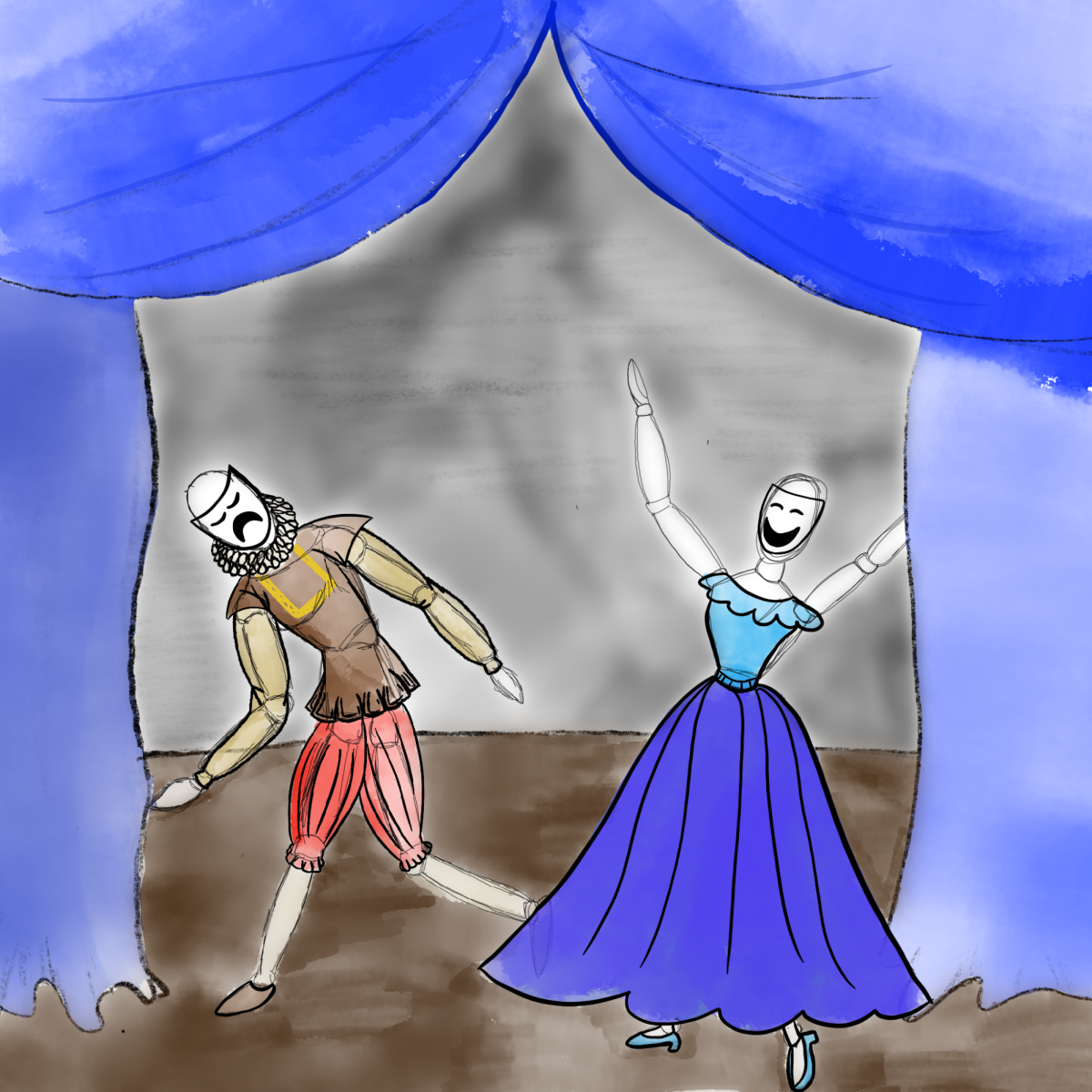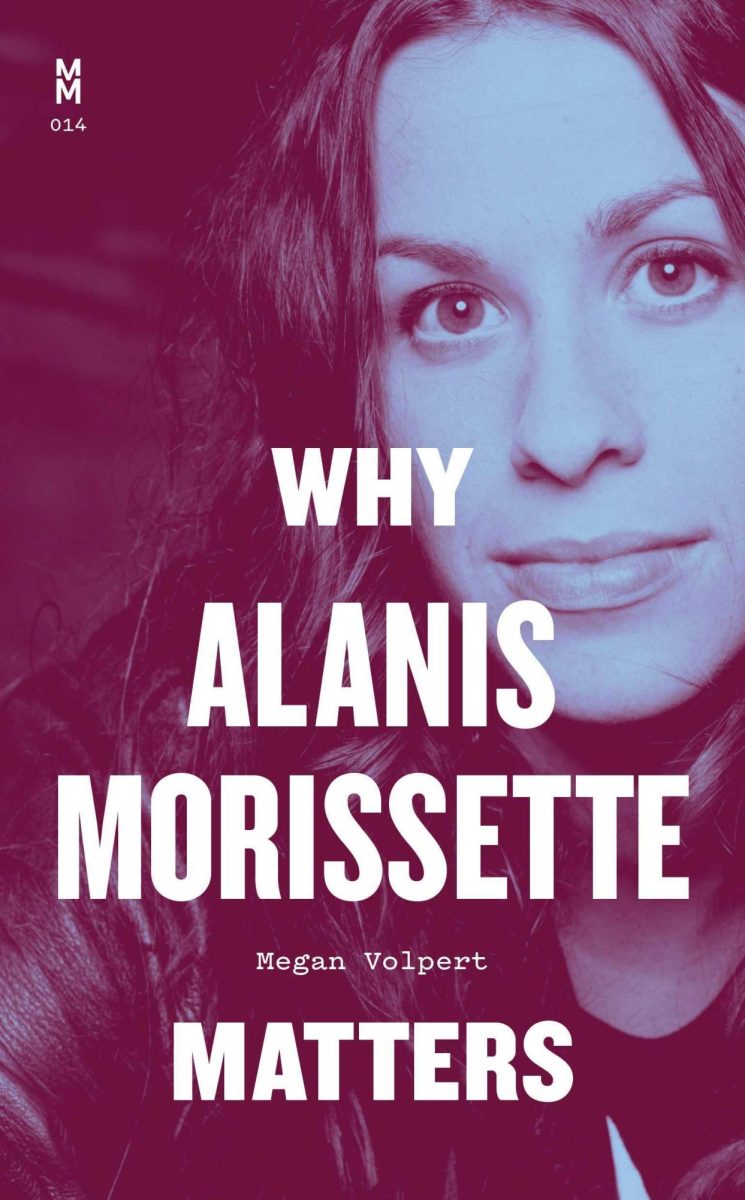With few places that buy back expensive textbooks at a fair price, going to freshman orientation in a trench coat and asking kids if they want to buy textbooks might seem like a better option.
Textbooks are an expected cost for college students every semester, but the expensive prices for books that end up hardly being used can be frustrating for students. Many students expect to get money back by selling their textbooks but often struggle to make up for the original expenses.
Cheryl Phifer, University Co-op CEO and president, said the store wants to support students as much as possible, but textbook buyback prices are variable depending on demand.
“If we don’t know that faculty are going to use the book, we will still buy the book back from you,” Phifer said. “But it’s going to be at a lower price, because we’re going to turn around and sell that to a wholesaler, who’s then going to be selling to every other college in America.”
Biomedical engineering sophomore Aubrey Davenport said things such as system errors at bookstores can result in unnecessary costs at the student’s expense.
“I had one book that I rented from the Co-op and the return sticker was wrong, so when I went back to return it the computer said it was overdue,” Davenport said. “I had to purchase the book then and ended up selling it back for a lot less than what I paid.”
Davenport said she has tried different websites and bookstores when selling textbooks, but it ends up as a matter of choosing between better buyback prices or less time commitment.
“I’ve used the Co-op and the UT Facebook page to sell my textbooks before,” Davenport said. “The Co-op was easier, but I probably got less money back. On the other hand, the Facebook page requires going in person to sell the book.”
Communication and leadership freshman Julia VanDuren said she struggles to find people willing to buy textbooks for small classes.
“I’ve been in niche classes like European folktales, so I feel like there really isn’t a point in selling certain textbooks because nobody will buy them,” VanDuren said.
VanDuren said changing materials on class syllabi are another factor that makes it difficult to find a demand for used textbooks.
“Teachers always want you to have the updated version even though there is not a big difference between versions,” VanDuren said. “It makes your old textbooks worth next to nothing.”
Although bookstores like the Co-op are easily accessible and a fast way to get cash back for textbooks, VanDuren said higher buyback prices are more important for students who can’t spare expenses for textbooks.
“I know UT Buy/Sell/Trade/Free and group messages can get me better prices than bookstores like the University Co-op, but they take more work on my part,” VanDuren said. “But the bottom line is students can’t afford to buy all these textbooks and not sell them.”














